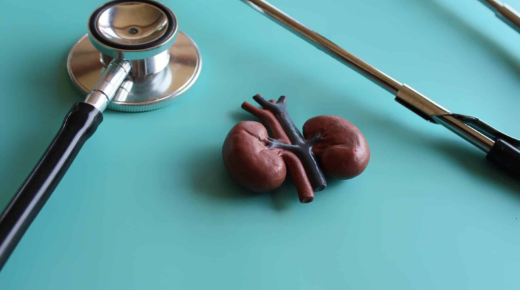As we age, our hearts need extra care. Cardiologists play a key role in managing heart disease in the elderly. They help diagnose, treat, and prevent heart issues. This ensures a better quality of life. Specialists like those in neurology Brighton beach understand the importance of a heart-healthy lifestyle. They work closely with cardiologists to offer comprehensive care. Together, they focus on keeping our hearts strong and healthy. This collaboration is vital for managing heart conditions effectively.
Understanding Heart Disease
Heart disease is a term for a range of conditions affecting the heart. It includes blood vessel diseases, heart rhythm problems, and heart defects. In the elderly, heart disease can be more challenging. This is due to other age-related issues like diabetes or high blood pressure. Cardiologists help navigate these complexities.
Diagnosis and Assessment
Early diagnosis is key in managing heart disease. Cardiologists use several tools to assess heart health. Common methods include:
- Electrocardiograms (EKG)
- Echocardiograms
- Stress tests
These tools help cardiologists get a clear picture of heart function. They pinpoint areas needing attention.
The Treatment Plan
Treatment plans are unique to each patient. Cardiologists consider several factors:
- Type and severity of heart disease
- Other existing health conditions
- Patient lifestyle and preferences
Treatments range from medications to lifestyle changes. In some cases, surgery might be necessary. Cardiologists guide patients and families through these decisions.
Lifestyle Modifications
Heart health is influenced by daily habits. Cardiologists often recommend lifestyle changes to support treatment. These can include:
- Healthy eating
- Regular physical activity
- Smoking cessation
These changes have a big impact on heart health. They often enhance the effectiveness of medical treatments.
Routine Check-Ups
Regular visits to a cardiologist help monitor heart health. These visits allow for timely adjustments to treatment plans. They also provide an opportunity to discuss any concerns or symptoms.
Coordinated Care
Managing heart disease often requires a team approach. Cardiologists work with other healthcare providers to offer comprehensive care. This includes specialists in areas like neurology and geriatrics. Together, they ensure all aspects of health are addressed.
Comparison of Common Heart Medications
| Medication | Purpose | Common Side Effects |
| Beta-blockers | Reduce blood pressure | Fatigue, cold hands |
| ACE inhibitors | Relax blood vessels | Dry cough, dizziness |
| Statins | Lower cholesterol | Muscle pain, digestive issues |
The Future of Heart Care
Advancements in technology and research continue to improve heart care. New treatments and diagnostic tools are emerging. These innovations offer hope for better outcomes. Cardiologists stay informed about these changes to provide the best care possible.
For more information on managing heart health, check out the resources provided by the Centers for Disease Control and Prevention.
Caring for the heart in later years requires attention and expertise. Cardiologists offer invaluable support. They guide patients through the complexities of heart disease with compassion and precision. Understanding their role can make a significant difference in managing heart health.



